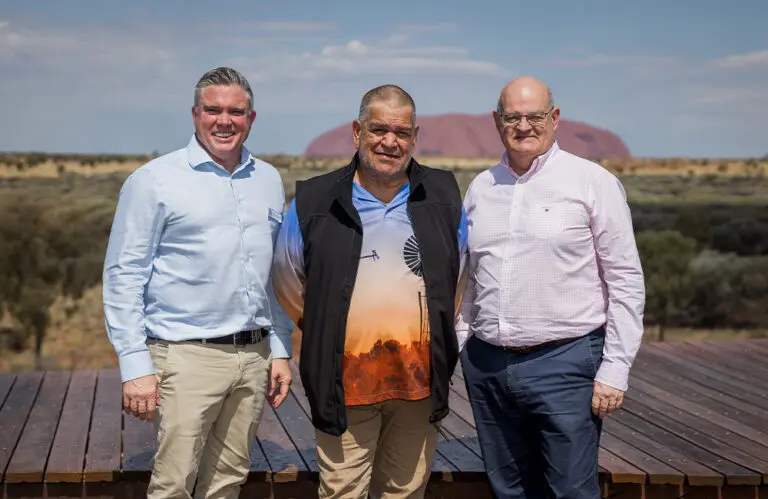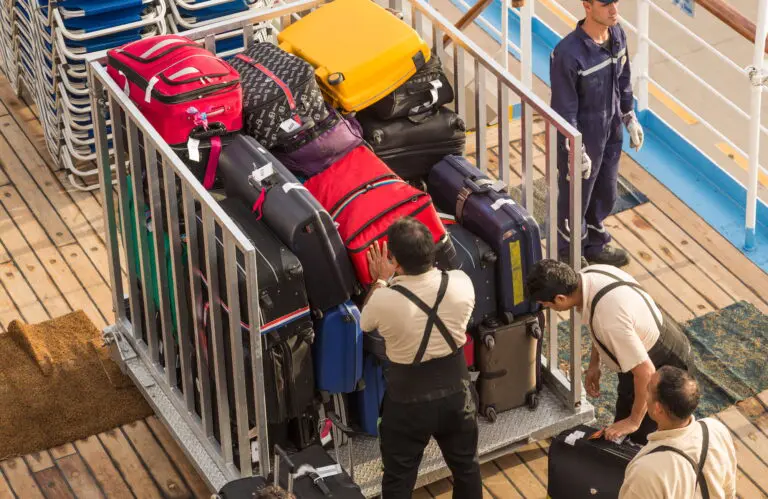Heatwaves closing major attractions. Floods sweeping through Europe. Fires evacuating Greek islands. These events aren’t hypotheticals. They’re trajectories. The reef is bleaching. Fires are razing landscapes we market as pristine wilderness. Floods are wiping out events, roads and revenue. The impacts of climate change are happening now, and travel businesses are bearing the cost.
The loss of life and the human toll are real. But for the travel industry, there’s also a second wave of damage: income disappears, seasons are cut short, and dependable commission flows are cut off. Destinations drop off itineraries, not because they’re unpopular, but because they’re increasingly volatile, uninsurable, or closed to tourism altogether.
This is climate disruption in real time: demand collapsing without warning, product windows shrinking to weeks, and confidence evaporating in markets that once guaranteed strong returns.
It’s not theory. It’s cancelled departures, stalled campaigns, and unrecoverable revenue. What we’re seeing isn’t about ethics. It’s a business model under stress, and it’s already failing in places that used to outperform the rest.
Climate is hitting the bottom line
Disasters no longer belong to the news cycle. They now sit in the booking pipeline. Cyclones cancel tours. Bushfires drive mass cancellations. Unseasonal heat disrupts ski seasons. And rising insurance premiums are pushing operators and events out of business.
These issues affect every layer of the supply chain: from aviation and accommodation to tours, experiences and travel insurance. When a destination becomes uninsurable or inaccessible, it’s not a climate issue. It’s a business crisis.
The products we sell are under pressure
The snowpack in the Alps. The monsoon timing in Southeast Asia. The cherry blossoms in Japan. These are the product. And they’re becoming harder to rely on. Travel relies on stable weather patterns, access to nature, and the health of local communities. Climate change directly impacts all three.
Increasingly, clients are asking whether destinations are safe, ethical or even possible. The reputational risk of doing nothing is real. So is the operational risk of relying on assets that may not survive the next decade. So is the financial risk of being left behind by competitors who’ve already invested in sustainable transformation.
The financial upside of action
Adapting to climate risk is about protecting revenue, maintaining access, and staying in business:
- Travellers are willing to pay: According to Booking.com’s 2024 Sustainable Travel Report, 76% of travellers want to make more sustainable choices, and more than half are open to paying extra for them.
- Cost efficiencies matter: Reducing waste and improving energy use means lower overheads for operators. These efficiencies add up over time.
- Investment is shifting: Banks, investors and corporates are screening for ESG (Environmental, Social, Governance) performance. Those that demonstrate action are more likely to secure funding and partnerships.
- Clients expect answers: Travel agents report a rise in sustainability-related questions. Being able to respond builds trust and loyalty.
What’s holding the industry back
There’s a gap between awareness and action. Many operators still lack climate targets. Emissions go unmeasured. Credentials are inconsistent. Agents are expected to recommend greener choices, but suppliers don’t always provide the tools or data to make them visible.
Meanwhile, standards vary wildly. What does “eco-certified” mean? What’s a credible offset program? Without a shared baseline, it’s hard to communicate clearly or benchmark progress.
Where progress is already happening
Despite the challenges, there are signs of momentum across the sector. Major wholesalers are trialling emissions calculators to support lower-impact bookings. Airlines are investing in sustainable aviation fuel. Hotel groups are retrofitting for energy efficiency and water conservation. And some operators are publishing carbon data and setting science-based reduction targets.
Clients are responding. When given clear, visible options, many travellers choose greener alternatives. That gives agents and operators a competitive edge, especially when sustainability is embedded in the booking process rather than offered as an afterthought.
Collaboration is also on the rise. Travel industry groups are working to develop consistent frameworks, while resources like Intrepid Travel’s free B Corp guide provide practical pathways for businesses to align purpose with profitability.
These steps won’t solve everything. But they’re proof that action is possible, scalable, and increasingly expected.
Practical steps for agents
Travel advisors are uniquely placed to lead. With visibility across the value chain, they can:
- Ask suppliers for climate targets, certifications or emissions disclosures
- Use wholesaler tools to identify lower-emission options
- Offer alternatives when certain destinations are impacted by weather or fire
- Talk to clients about their values and how to align trips accordingly
- Share transparently what can or can’t be done—no greenwashing, no guesswork
KARRYON UNPACKS: Climate is no longer a future problem. It is a present cost. The good news? Travel also has leverage. It can influence demand, shift perceptions, and help build resilience across the sector. Waiting to act is no longer a strategy, it’s a liability.






